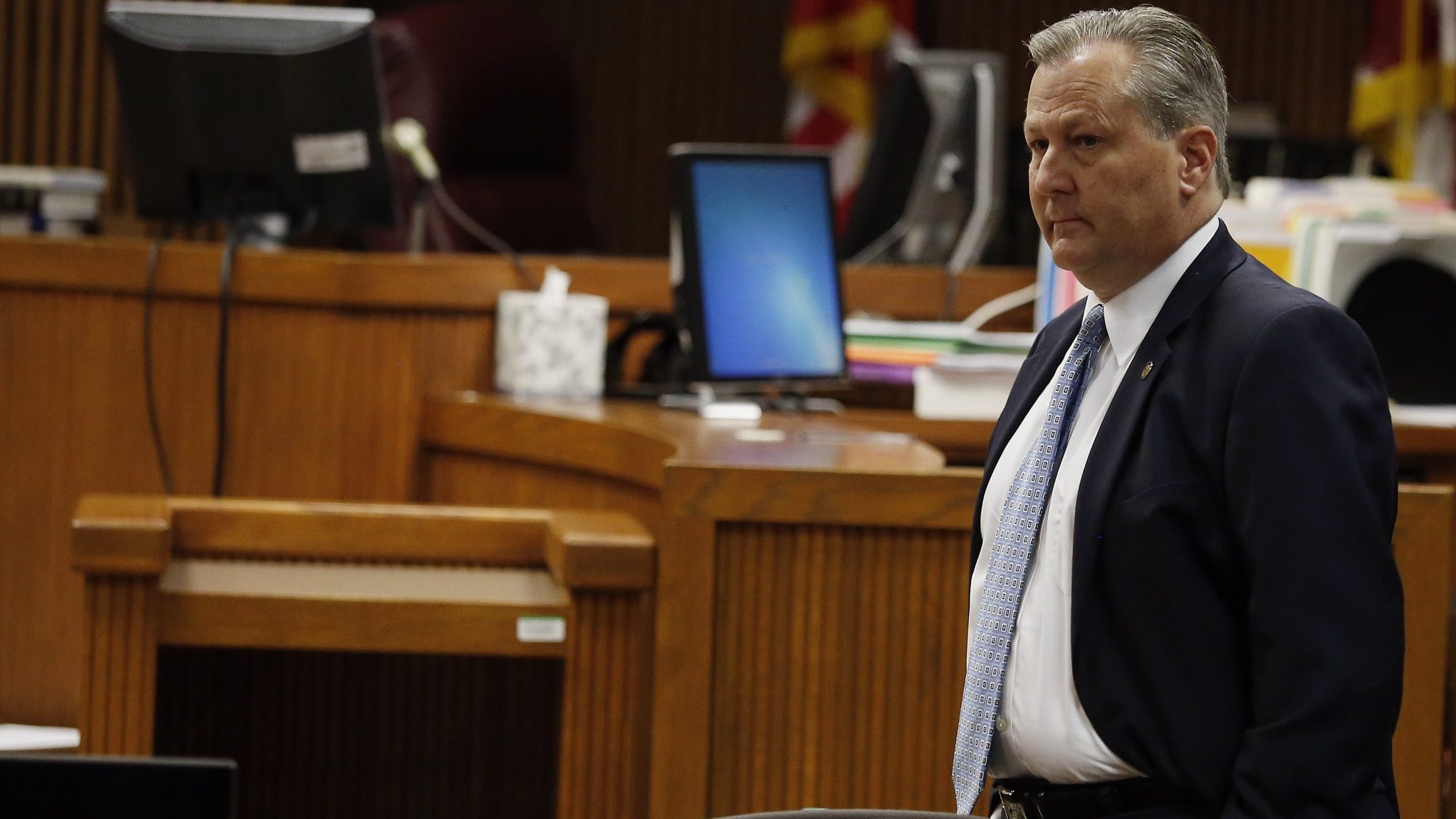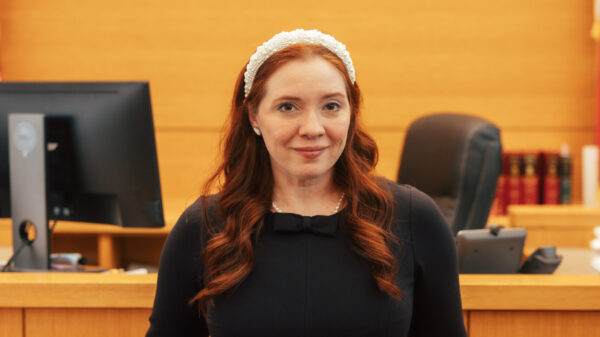The Alabama Court of Criminal Appeals on Friday affirmed the convictions of former House Speaker Mike Hubbard on six felony charges for misusing his office for personal gain.
Hubbard is to report to the Lee County Sheriff’s Office by Sept. 12 to be processed into the Alabama Department of Corrections system.
The Alabama Supreme Court on April 10 ruled on Hubbard’s appeal, upholding six of his convictions by a Lee County jury in 2016, but overturned five other convictions. The state Supreme Court then remanded the case back to the Alabama Criminal Court of Appeals, which on Friday affirmed the six felony convictions and dismissed the other five convictions against Hubbard.
The Alabama Supreme Court on Friday announced the court had denied Hubbard’s request for a rehearing.
“The long road to justice is finally nearing its end for former Speaker Mike Hubbard,” said Attorney General Steve Marshall in a statement after the state Supreme Court’s ruling. “The court denied Mr. Hubbard’s application for rehearing and issued a certificate of judgment requiring the former speaker to report to begin serving his prison sentence.”
Hubbard was sentenced in July 2016 by Lee County Circuit Judge Jacob Walker to four years in prison and 16 years of probation.




















































